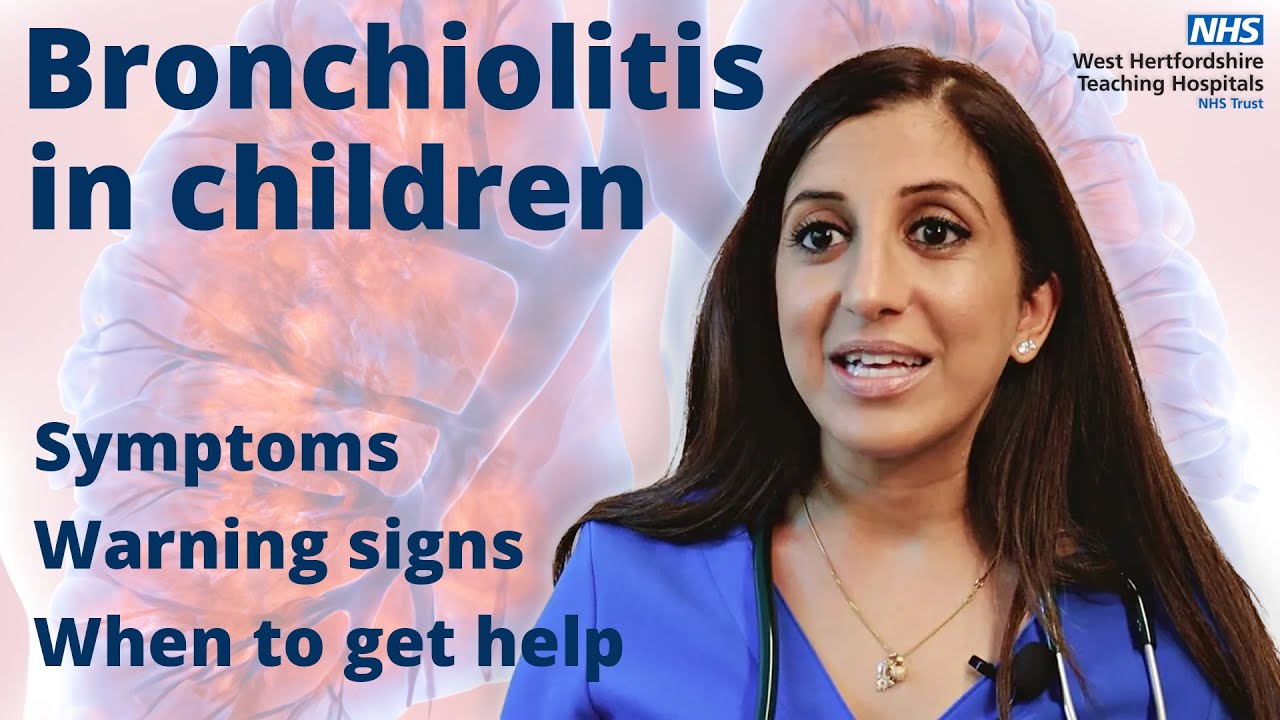
DiYES International School – Early signs of bronchiolitis in children are crucial for parents to recognize. This common respiratory illness can affect infants and young children, especially during colder months. Understanding the symptoms early on can help parents take action to prevent complications. Bronchiolitis is typically caused by the respiratory syncytial virus (RSV) and can lead to difficulty breathing, making it important to seek medical attention when necessary. Being aware of these early signs will help ensure timely treatment and better outcomes for your child.
Bronchiolitis is an infection that inflames the small airways in the lungs, called bronchioles. It is caused mainly by respiratory syncytial virus (RSV), but other viruses can also cause it. This condition primarily affects children under the age of two. Bronchiolitis is common during the colder months, especially in winter.
“Read about: Wilms Tumor in Children: Symptoms, Diagnosis, and Treatment Options”
The early signs of bronchiolitis in children often begin like a common cold. However, they tend to worsen over time. Common early symptoms include:
These initial signs may resemble other common respiratory illnesses. However, bronchiolitis can quickly become more severe, especially for infants and children with weakened immune systems. Parents should pay attention if the symptoms worsen, leading to difficulty breathing.
As the infection progresses, the symptoms of bronchiolitis become more severe. Parents should seek medical attention immediately if they notice the following signs:
These signs indicate that the child is struggling to breathe, which requires immediate medical attention. Delaying treatment can lead to more serious complications, such as pneumonia or respiratory failure.
“Read more: Raising a Child with Fetal Alcohol Syndrome (FAS): Challenges and Support Strategies”
Bronchiolitis spreads through droplets that are expelled when an infected child coughs or sneezes. The virus can also spread by touching surfaces contaminated with the virus. Parents should practice good hygiene to reduce the risk of bronchiolitis transmission. Regular handwashing, avoiding contact with sick individuals, and disinfecting toys can help limit the spread.
Certain factors increase the risk of a child developing severe bronchiolitis. These include:
Infants, especially those born prematurely or with existing health conditions, are more vulnerable to severe bronchiolitis. Parents of at-risk children should be extra cautious during cold and flu seasons.
There is no specific antiviral treatment for bronchiolitis caused by RSV. However, supportive care can help manage the symptoms and provide comfort for the child. Parents should ensure the child stays hydrated and comfortable. Humidifiers or steam from a warm shower may help loosen mucus in the child’s airways. In more severe cases, hospitalization may be necessary for oxygen therapy and monitoring.
Parents should seek immediate medical attention if their child exhibits severe breathing difficulties. If a child is showing signs of dehydration, such as dry mouth or fewer wet diapers, medical help is also necessary. In some cases, bronchiolitis can cause hospitalization for close monitoring and treatments like oxygen therapy or IV fluids.
While bronchiolitis is often caused by viruses, there are a few ways to reduce the risk. Parents can:
Vaccines may be available for some respiratory viruses like RSV in certain cases, especially for at-risk children. Consult a healthcare provider to discuss potential preventive measures.
Early detection of bronchiolitis in children can make a big difference in managing the condition effectively. Parents should monitor their child for the signs of bronchiolitis and seek prompt medical attention if symptoms worsen. With proper care and attention, most children recover from bronchiolitis without complications. However, understanding the early signs is key to ensuring your child’s health and well-being.